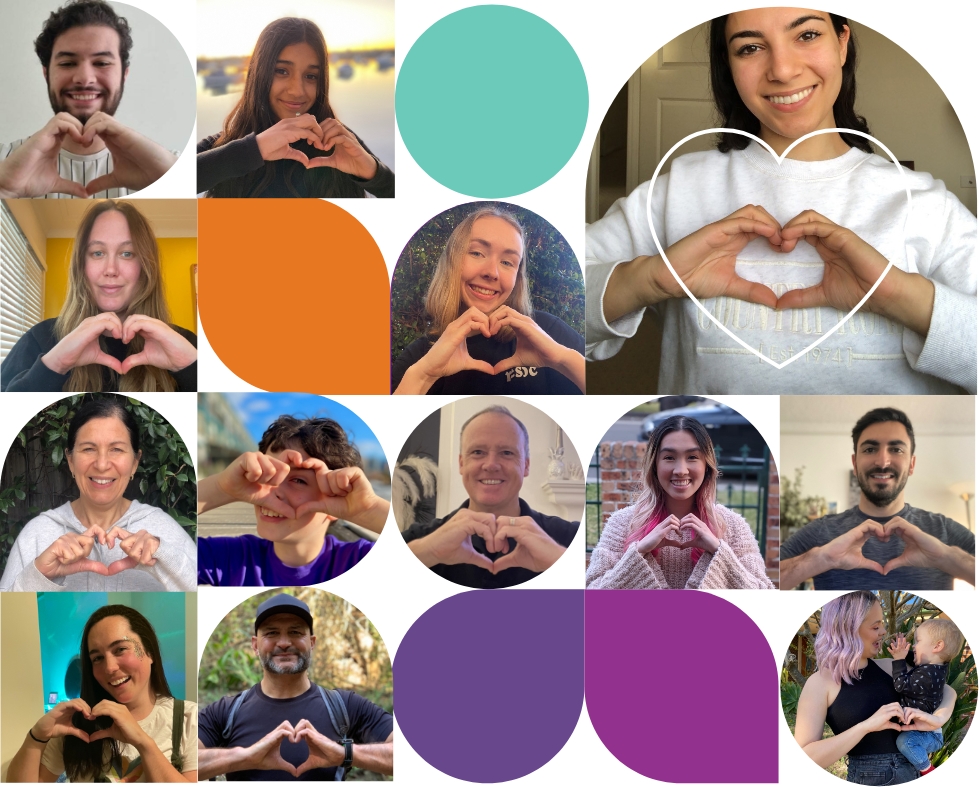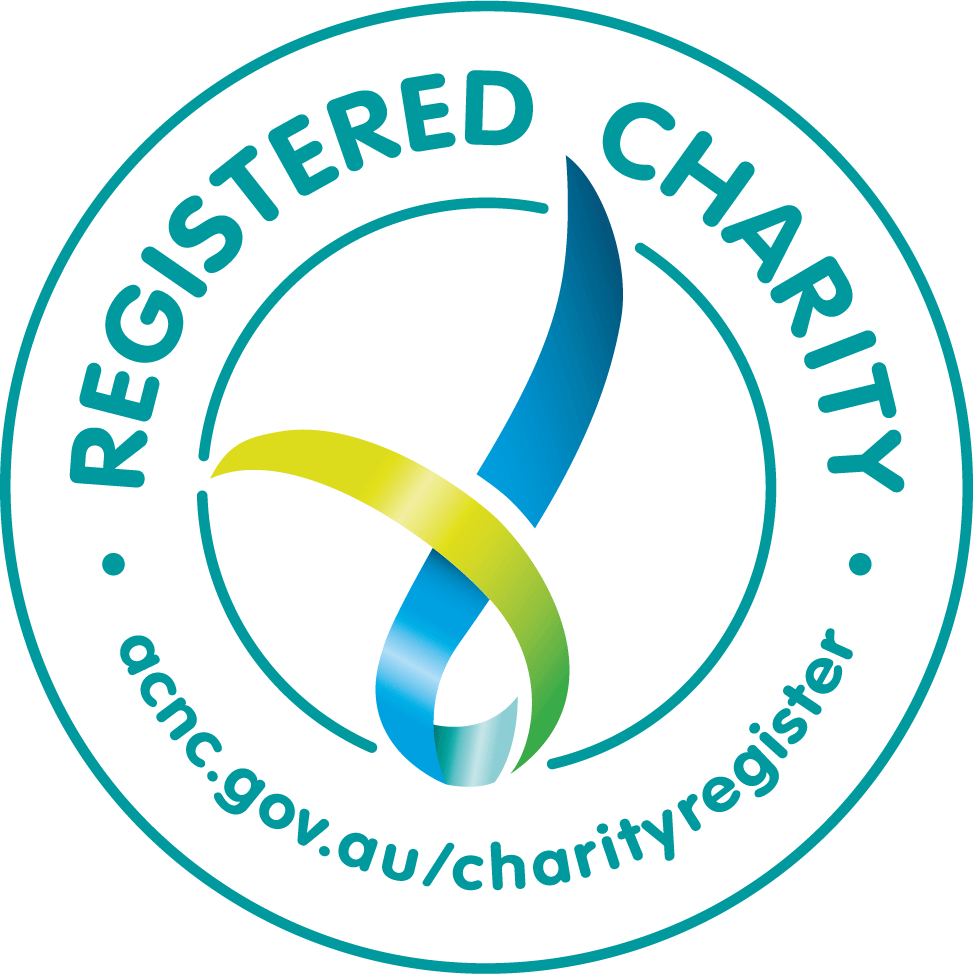With kids beginning to make the transition back into the classroom, we turned to Associate Professor Nicholas Wood and Dr Archana Koirala from the Sydney Children’s Hospitals Network (SCHN) to share key tips to help support your child return to school.
With increasing vaccination rates, NSW Health and NSW education have planned the staggered return as a safe way to get children back into the classroom to support their education, social connections, and mental wellbeing.
After more than three months of home schooling, most parents and carers are looking forward to kids finally getting back to school. However, some parents and children have questions and concerns about making a safe return.
Mild or no symptoms, low hospitalisation in most children
While the recent Delta variant outbreak has seen higher rates of infection among children and young people than last year, it is reassuring to know that most children diagnosed with COVID-19 during the current outbreak, experience mild or no symptoms, with only 2 percent requiring hospitalisation. However, it is still important to reduce the spread of COVID-19 with some key actions.
Vaccination for adults and older children
Vaccination of adults and children over the age of 12 is an effective way to reduce the risk of COVID-19 transmission and severity of the disease. All teachers in schools will need to be fully vaccinated by 8 November, however, parents or carers and children over 12 should consider getting vaccinated to protect the small group of young people who may get seriously ill or need hospitalisation as well as protecting younger siblings or friends who aren’t yet eligible for vaccination.
For more information, check out NSW Health’s fact sheet on COVID-19 vaccines and the Network’s COVID-19 vaccination videos.

Masks and hand sanitisers
As kids return to school, it’s a good time to talk to them about the correct way to wear a mask, remind kids to wear a mask on the bus or train, use hand sanitisers and wash hands properly, especially before they eat or if they blow their nose.
A great resource is NSW Health’s tip sheets on wearing a face mask, which includes a useful video, and washing hands (it is recommended that kids should wash hand for 20 seconds, which is about as long as it takes to sing Happy Birthday).
It’s a good idea to get your kids to pack their bags the night before so they don’t forget their mask and hand sanitiser along with their schoolbooks, pencil case, water bottle and a healthy lunch.
Be aware of symptoms and keep children home
As most children experience less severe symptoms with COVID-19, it’s important that even for the mildest of symptoms you should keep your child home, get them tested and wait for the all-clear (negative result) before returning to school.
Symptoms include fever, respiratory symptoms (coughing, sore throat, shortness of breath), runny nose, blocked nose, headache, muscle or joint pain, diarrhoea, vomiting, loss of smell, altered sense of taste, loss of appetite and fatigue.
Tips for testing
Some kids will be fine having a COVID-19 test, while for others the fear of the unknown and discomfort from the test can be quite scary. It’s important to realise that children may not understand or respond to factual explanations, so you need to try to remain calm, listen and acknowledge your child’s feelings to help support them.
Sydney Children’s Hospitals Network has a handy guide with useful tips to help support your child if they need a test as well as a great, age-appropriate video on getting tested narrated by six-year-old Thomas. It’s a good one to watch with your child so they’ll know what to expect before going for their test.
New school rules
Schools will also bring back or adopt new approaches to further reduce any risk of transmission such as keeping parents offsite, staggering pick up and drop off, increasing ventilation by opening windows in classrooms and using outdoor spaces where practical. Be aware and supportive of any new guidelines your school has introduced to keep you and your children safe.
Supporting your child’s return to school
While some kids will be excited and eager to return to school, it’s understandable that some kids may feel worried about their return.
NSW Education has created helpful tips for parents and carers to support children returning to school such as:
- Have positive conversations about returning to school
- Prepare your child for any changes (e.g., pick up points) and how to manage these so they can be confident with anything new or different
- Re-establish routines to provide certainty and feelings of security
- Let the school know if there are any concerns your child may have about returning to school
- Consider what to plan for after school such as talking to your child about their day and what they’re looking forward to tomorrow, allowing them to write down or draw their feelings or scheduling extra family time as your child may have missed being at home with you
Seek help if you need it
If you or your child are struggling with the return to school, help is available. Talk to your school counsellor, your GP or call a helpline for support such as Kids Helpline 1800 55 1800 or headspace 1800 650 890.
Stay updated with trusted information
For reliable updates and information on COVID-19, visit NSW Health or Sydney Children’s Hospitals Network websites.





